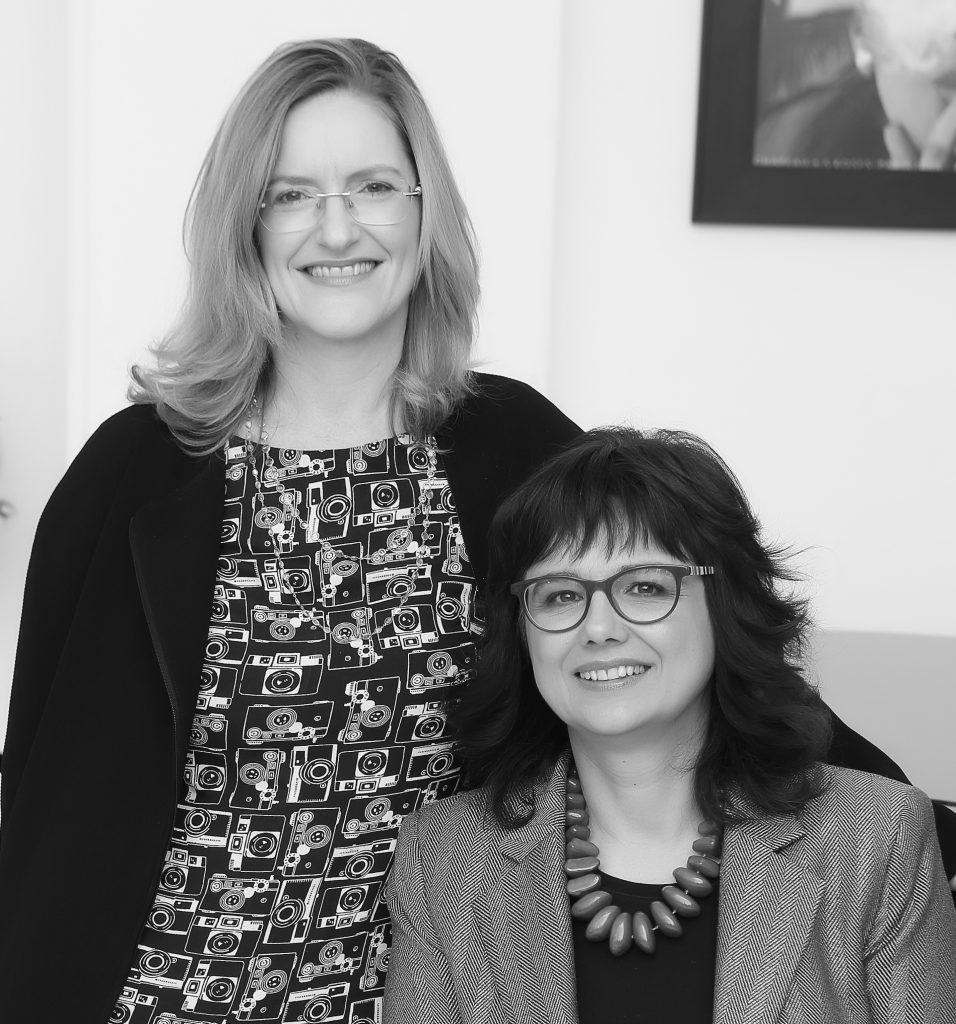About Hypnosis
About Hypnosis
Hypnosis is merely a state of focused attention with suspension of peripheral awareness. It is a very common state which can explain experiences where we appear to be on ' autopilot', or so engrossed that we fail to hear our name called, or respond to events going on around us.
In a therapeutic setting however, it can be initiated by an ‘induction’ process, which we have designed to be associated with relaxation and calm.
Approximately 80% of the population have a variable degree of hypno- suggestibility, which can be enhanced with practice. Roughly 10% are hyper suggestible, and 10% entirely resistant.
Suggestions given in a trance state embed themselves in our subconscious mind and can have far greater effects, particularly when allied with other forms of therapies with the same intent. Hence any of the programs here are NOT designed to be a replacement for those conventional and evidence-based treatments. For example, although hypnosis can be used to reduce pain, we would not advocate that you should stop all pain medication, but hopefully it will reduce your analgesia requirements, and allow you be less affected by discomfort, the more you practise.
Likewise your medical issues may need input from a variety of clinicians and therapies, and we hope that you can use self-hypnosis to assist and speed the impact and effectiveness of all your treatments as an adjuvant component, rather than an alternative.
If your use of our audiofiles does not bring about dramatic changes, this does not necessarily mean there is no benefit, but it may take time and more practice to manifest positive impact. We have tried to address many of the issues encountered through cancer treatments, but more complex issues may be worth considering with a clinical hypnotherapist or psychologist, as some symptoms and emotions require more detailed analysis and individualized treatment programs. However we have evidence that many, many patients have the motivation, and ability to use these strategies to improve their paths through treatment and beyond
Access to personalised hypnotherapy within many Healthcare organisations is negligible, and yet it has been shown to be a highly cost-effective initiative which should be more readily available. The widespread stresses within healthcare provision necessitate that both healthcare providers and patients alike can do more to help themselves, and that the tools that we provide here can be a valuable asset. . It will hopefully allow patients to make use of the time spent in the waiting room, participating in their own self care, which in itself will have a positive prognostic impact!
By highlighting evidence for hypnotherapy within conventional medical care, we hope this can be a platform to support further research into its applications in due course.

Placebo Studies
Placebo research has highlighted fascinating and surprising insights as to the induction of the placebo effect. This is hypothesised to be in large part due to the influence of care within a therapeutic relationship. Open Placebo studies (where the patient is aware they are taking a placebo) suggest this could be the case with self-care, with clinical improvements in symptoms with the daily consumption of inert placebo capsules. Outcomes have been shown to be enhanced with the use of added hypnosis, and hence we have designed a hypno-Placebo programme which patients can use in much the same way with the self-hypnosis. For cancer patients, we hope this might even protract remission and disease control following treatment, although this has yet to be established in trials.
We have designed a variety of programs for both patients and healthcare professionals, and the open discussion of the evidence and individual experience between patients and doctors will reinforce the merits of integrating this highly cost-effective means of self-care back into the medical environment, and could take the therapeutic relationship to a whole new level.
Ultimately to make this effective, self-hypnosis relies on the need to set time aside to practice these techniques, and listen to the audio files relevant to your needs. With practice you will be able to do your own induction and therapeutic suggestions without anyone else’s assistance. Human nature dictates that we usually learn most effectively when relaxed and motivated to achieve something better for ourselves.
A cancer diagnosis can be a frightening motivator, but as many examples show us, extraordinary circumstances provoke amazing responses from remarkable people.
Join us on this journey. Show yourselves how remarkable you can be.
We wish you well.
Sarah & Rumi